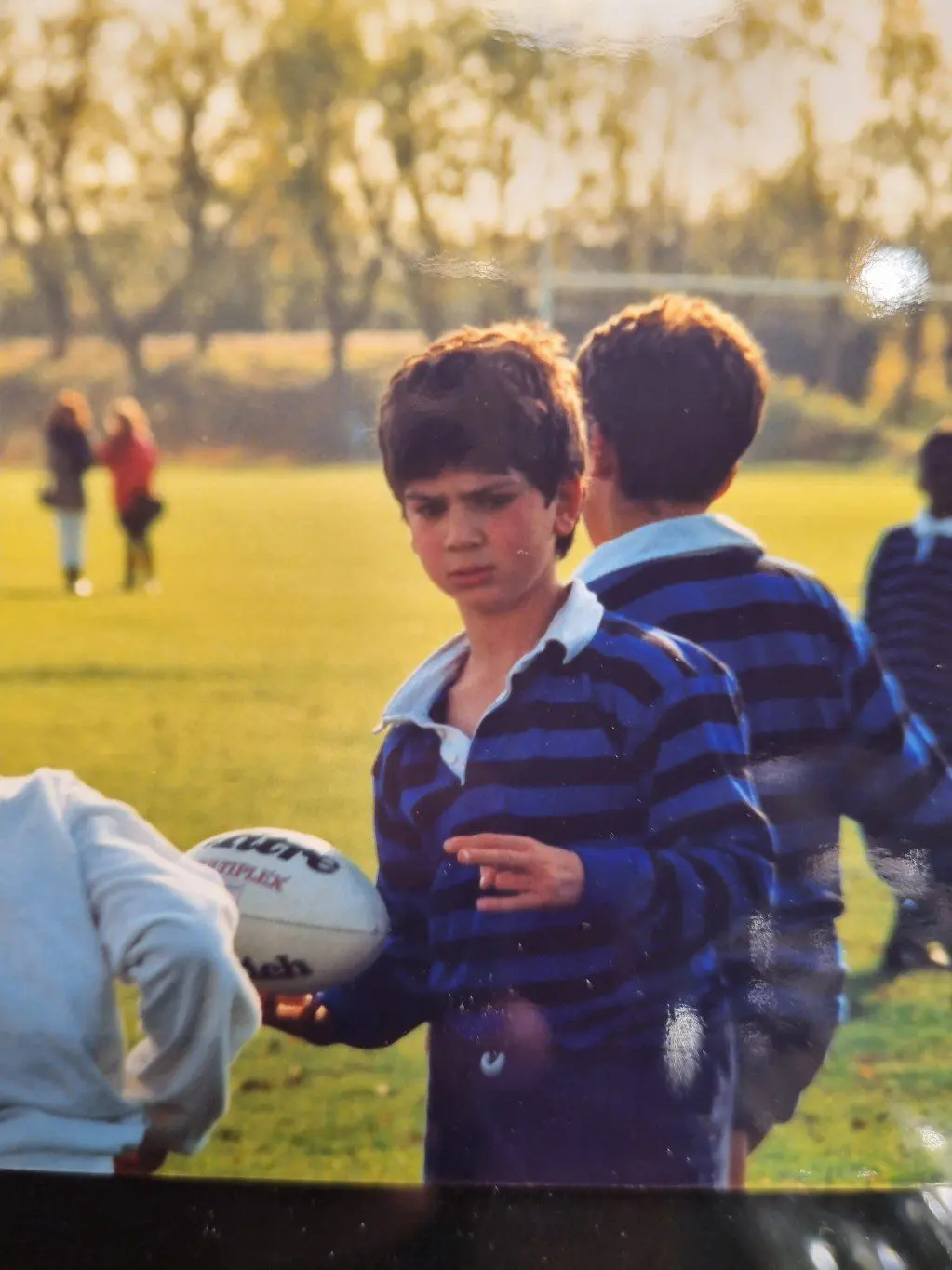
Those who regularly follow me will know that I am not adverse to being a guest on a podcast; for me I get great benefit from sharing my experiences with a wide cross-section of people.
As such, I generally do 1–2 podcasts a week (see this blog about my learnings from being on 50 podcasts last year) and so by now I have racked up quite a few appearances under my belt and I like to think I can handle pretty much most formats.
Or so I thought…
So you found a new podcast format?
Last week, I had the pleasure of appearing on a slightly different type of podcast organised by an organisation called See Your Life. The concept is that experienced professionals share their story with disadvantaged young people in the hope of inspiring and building more promising futures for them.
I loved the idea of this so signed up immediately.
What I wasn’t necessarily prepared for was that my interview would be conducted live over Zoom by a class of 30 Year 10s (students typically aged 14 or 15).
There I was being grilled for 60 minutes by the students and I can definitely say that their questions were quite a bit different than the other podcasts I have ever been on.
What did they ask?
Whereas on most other shows, they tend to focus on the work you do and the journey you have been on; the children were much more interested in things that were relevant to their world right there and then.
Aside from a very brief question to ask “What Exactly is a Strategy Consultant?”, there weren’t any of the standard questions like: “Why did you set up Shiageto?”, “What have been some of the challenges of setting up your business”, “How do you help clients?”
Instead, I got bombarded by much more profound questions such as:
How did it go?
Normally, I can handle most questions in my stride, but the different style of questions definitely got me to stop and think. It had been a long time since I had brought up some of these experiences or thought like this and it threw me quite a bit.
So often as adults, we operate on autopilot dealing with the things that we think of as important. We give answers to questions that emphasise our viewpoints and move on quickly without dwelling too much on the past or the importance of our answers for the listener.
One of the reasons that I had to think harder before responding to their questions was that I didn’t have automatic responses; each question really made me think and many took me right back in time to memories I hadn’t thought about in years. I was also acutely conscious that whatever I said could really impact the students so I wanted to choose my words carefully before answering.
This was a much more intense conversation than I had anticipated and actually by the end of the 60 minutes I felt much more drained than normal.
What were my takeaways?
In fact, the interview stuck with me for most of the day as I revisited many of the memories the students had got me to bring up. I realised that in many ways I do still operate in a similar way as to when I was a child and how much of what I do today was shaped by those experiences; the key difference nowadays is that I had built up more ways to handle my emotions.
It also reminded me of the importance of really listening and putting myself into the shoes of the person I am talking to; there is some excellent theory on the different levels of listening here and here. It’s something I train in the companies and individuals I work with but, like any human, can easily forget myself from time to time.
So, I would just like to thank the Year 10s of Northgate High School who certainly gave me an excellent experience when they interviewed me last week — I’m sure that there are a few budding journalists in that group 🙂
I’d be fascinated to know what your answers to any of the questions above would be so drop me a line and I’ll share mine, if you share yours…
Faris is the CEO and Founder of Shiageto Consulting, an innovative consultancy that helps firms and individuals sharpen their effectiveness.
Success = IQ x EQ x FQ
![]()
Notifications